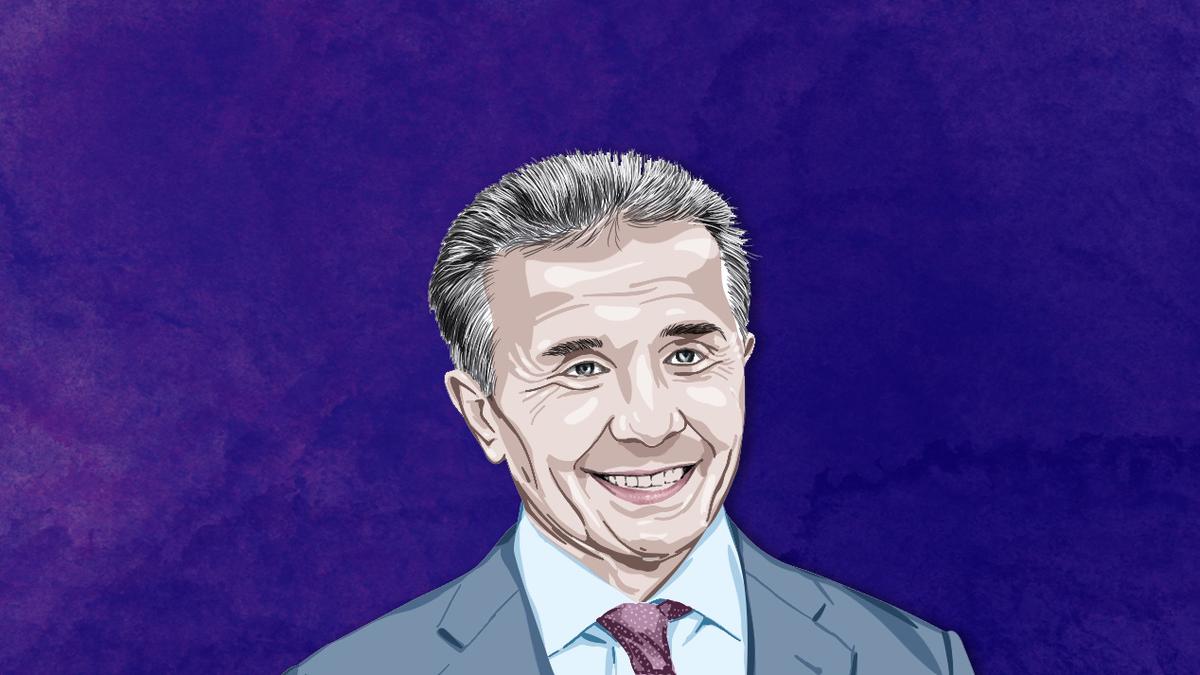
Bidzina Ivanishvili: Agent of pivot Premium
The Hindu
The Hindu’s profile on Bidzina Ivanishvili
Former Prime Minister of Georgia Bidzina Ivanishvili, who is the founder of the country’s ruling Georgian Dream party, has been sanctioned by the U.S. In a statement dated December 27, Secretary of State Antony Blinken accused the billionaire — whose $7.6 billion net worth exceeds a quarter of the country’s GDP — of trying to “derail Georgia’s Euro-Atlantic future for the benefit of Russia”.
Two days later, Mikheil Kavelashvili, previously a Manchester City striker, took charge as the former Soviet republic’s President, replacing pro-western Salome Zourabichvili.
Prior to the sanctions on Ivanishvili were the “disputed” elections of October 26. Defying pollsters’ predictions, the nation’s electoral authority had announced victory for the Georgian Dream, extending its 12-year grip on power since its formation in 2012. In late November, Prime Minister Irakli Kobakhidze decided to suspend talks regarding accession plans into the EU. This spawned protests which have continued to date and even prompted then-President Zourabichvili, once a supporter of the Georgian Dream, to lock horns with the party.
At one of these protests, an effigy of Mr. Ivanishvili was burnt. For, citizens believe that though his Prime Ministership lasted just for over a year between 2012 and 2013, the billionaire continues to cast a shadow over the Georgian Dream and its policies.
Like Georgia, Mr. Ivanishvili’s past, present and future too are intertwined with those of its larger neighbour. Born in 1956 in Chorvila, western Georgia, Mr. Ivanishvili obtained a degree in engineering from Tbilisi and went on to pursue a degree in economics in Moscow. He started out in the twilight of the Soviet Union selling electronic goods, before branching out to mining and establishing his own bank, Rossiyskiy Kredit.
Reports suggest the 68-year-old’s first brush with the Russian bureaucracy came when his brother was kidnapped back in the day. To secure his release, Mr. Ivanishvili turned to the Russian secret service.
Another report hints at his role in Semibankirschina — a group formed in 1996 to finance the re-election of then Russian President Boris Yeltsin, whose approval rating had dipped to 3%. Mr. Ivanishvili was tasked with financing the election campaign of Alexander Lebed, a candidate put in place to split the votes of communist leader Gennady Zyuganov. The group was repaid through the Yeltsin government’s auction of state-owned companies, under the loans for shares schemes. However, with Vladimir Putin’s ascension to the presidency in the 2000s began the reining in of many of these businessmen.













